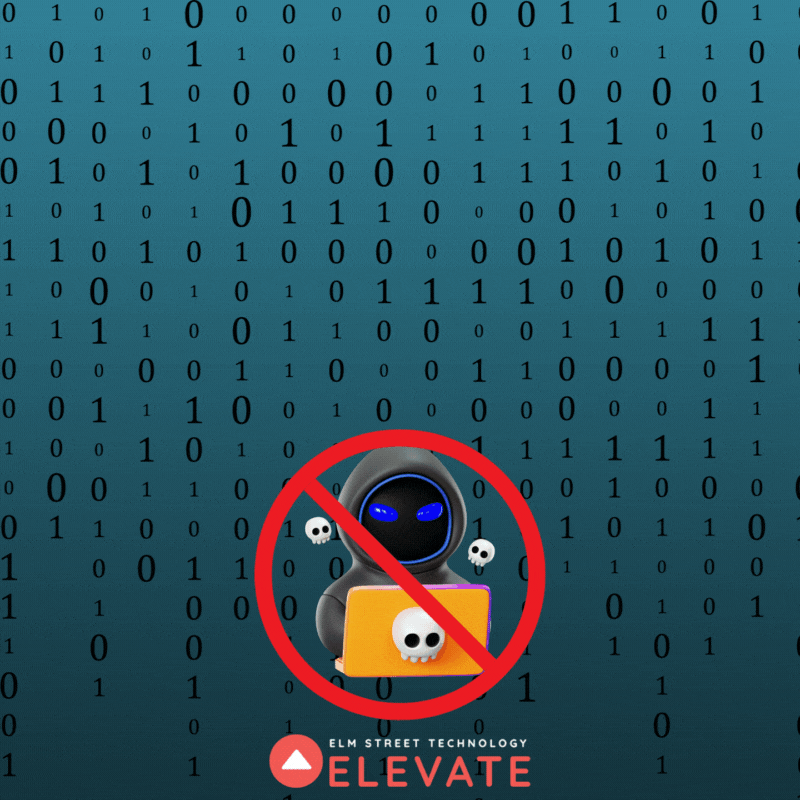Online safety basics: Simple ways to stay protected in the age of digital presence

 For many, lives have become increasingly integrated online, as social networks are on the rise and many businesses such as banks and online shops provide access to their services with a click of a button or the tap of a finger.
For many, lives have become increasingly integrated online, as social networks are on the rise and many businesses such as banks and online shops provide access to their services with a click of a button or the tap of a finger.
Due to the increased flow of personal information, online safety has become a huge concern for many internet users. Let’s explore a few vital internet safety tips to protect yourself and loved ones from possible online attacks.
Use secure public Wi-Fi networks
While out at public places such as coffee shops or shopping malls, be careful when connecting your electronic devices to unsecured Wi-Fi (a Wi-Fi network without a password). There are many risks your device may face when connected to such networks, including:
- Viruses and malware.
- Network snooping (allowing a hacker to view activity on your device, giving them access to details such as bank account information).
- Fake system update alerts (used by hackers to hijack smartphones and gather personal data)
These are just a few reasons it’s best to wait until you’re on a secure and familiar network before connecting your device, especially when dealing with sensitive data.
If you must connect to an unsecured network, use a virtual private network (VPN) to encrypt your internet usage and protect your online identity. Avoid shopping online or logging in to applications on unsecure networks to cut down on the chance of your data being stolen, and shut down web browsers when you’re done.
Double-check any links before you click
As a standard internet safety rule, be mindful of links before clicking them - this may include links found while casually browsing or even links sent to you via email or text.
Hackers often try to disguise links in a familiar or urgent way for you to click on them, potentially giving them access to your personal or financial information.
If you receive a link in a text or email, be sure to verify a few items:
- Spelling and grammar: Hackers and scammers are notorious for grammatical and spelling mistakes.
- Verified sender: Do you know this person? Most companies and correspondence will have some type of official notice and/or require you to request verification before sending you a message.
And one last mention:
- Antivirus and anti-malware software: These are often offered with free options and have the ability to scan links and emails before most damage is done. Choose a lightweight option if you value performance, but make sure it can run deep scans.
Create & use complex passwords
By creating unique and strong passwords, you can protect your accounts from login credential vulnerabilities.
Try to avoid information easily attainable to others, such as pet names, birthdays or street addresses. As you create your passwords, try to abide by tips offered by the site of the account you’re making.
Consider storing your info and security question answers in an encrypted file or other preferred secure method. Never share your passwords with anyone to avoid identity theft and other threats to your online security.
In addition to using a strong password, consider securing your online account with multi-factor authentication for further security. When your password is entered into a site, you may receive a text message or email with a code to verify your identity.
Use antivirus & anti-malware software
Remember the dynamic duo from earlier? A great way to keep your internet connection secure is to have antivirus and anti-malware software installed to block unwanted downloads, such as viruses, spyware and other threats to your online information and safety.
A good antivirus will routinely scan your device for suspicious activity and can even backup data regularly in the case of an emergency.
Social media, email & text scams
Be careful, when using social media, of ads and links before clicking on them. Many hackers steal data with enticing links, such as online quizzes with spammy URLs or by impersonating public figures to scam information and money from unsuspecting users.
Also, be wary of email and text scams. For example, you may receive a fake postal delivery service update with a link or a message pertaining to your online banking.
No matter how urgent these messages may seem, it’s best to avoid clicking them and to contact the service provider in question for further verification if needed.
With safe online practices, you can keep your internet-connected devices safe from threats and protect your valuable information.
Want More Tips & Tricks?
If you’re curious about diving deeper into the digital world of marketing and influence, be sure to drop by one of our educational webinars. We’ll teach you the basics of online safety, social media tips and tricks, as well as best business practices and so much more.